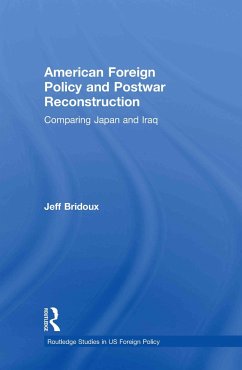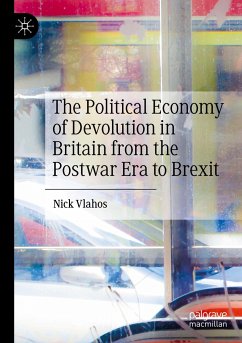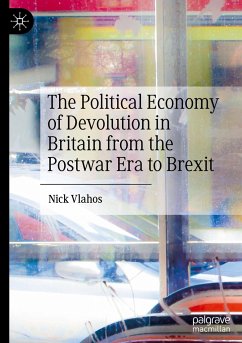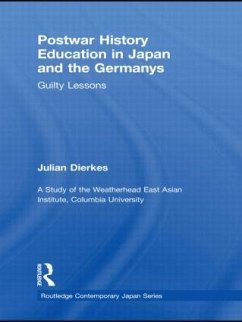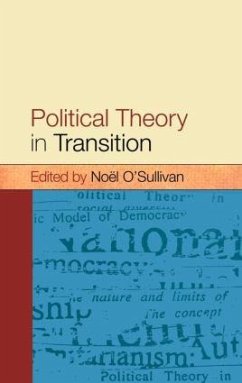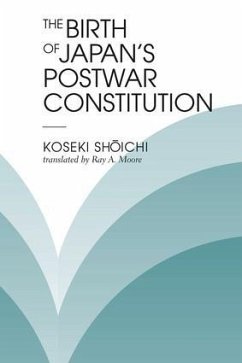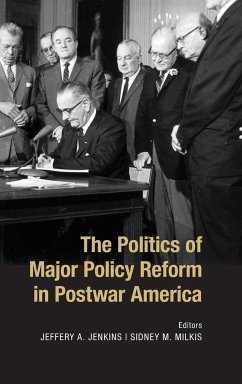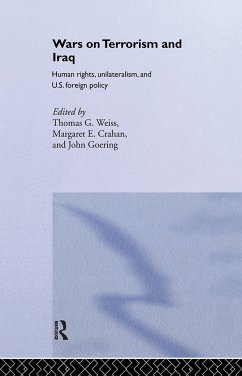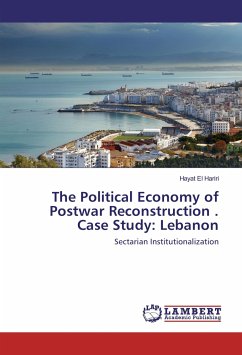
The Political Economy of Postwar Reconstruction . Case Study: Lebanon
Sectarian Institutionalization
Versandkostenfrei!
Versandfertig in 6-10 Tagen
52,99 €
inkl. MwSt.

PAYBACK Punkte
26 °P sammeln!
this thesis examines postwar reconstruction in Lebanon as an example for postwar reconstruction in weak states. Postwar reconstruction has attracted many scholars in the last few decades. Some theories suggest that postwar reconstruction entails financial security and policy. In contrast some others argued that any postwar program cannot be effective without building state institutions as a precondition for fiscal policy. In 1992, the postwar reconstruction program implemented in Lebanon focused on physical infrastructure but neglected other productive sectors. Opponents of the project argue t...
this thesis examines postwar reconstruction in Lebanon as an example for postwar reconstruction in weak states. Postwar reconstruction has attracted many scholars in the last few decades. Some theories suggest that postwar reconstruction entails financial security and policy. In contrast some others argued that any postwar program cannot be effective without building state institutions as a precondition for fiscal policy. In 1992, the postwar reconstruction program implemented in Lebanon focused on physical infrastructure but neglected other productive sectors. Opponents of the project argue that the economic policy adopted was transformed into a "monetary-biased policy" in which it focused on physical infrastructure rather than the productive sectors that constitute the cornerstone of any postwar reconstruction program creating thus a network on interests between the government and commercial banks. Also, the project was characterized by the financial support for different sectarian regions on Lebanon. In contrast, proponents argue that the failure of the program was Diego political circumstances and not in the project itself.



